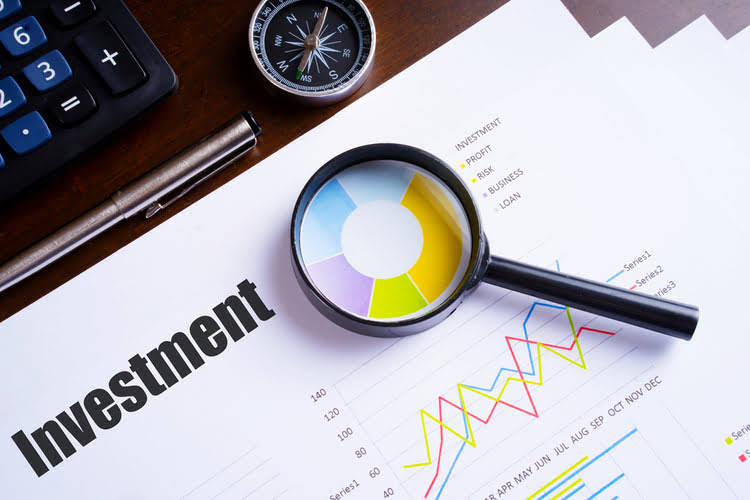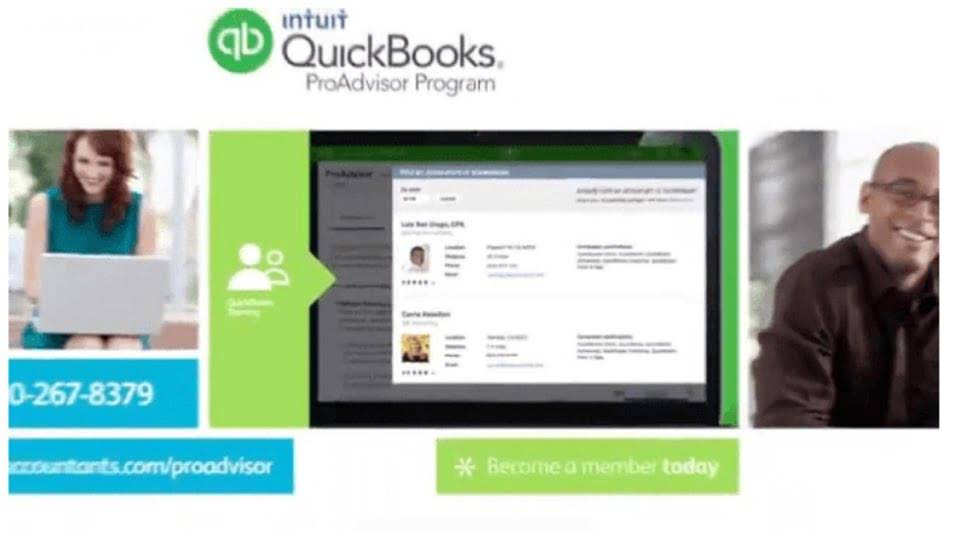
By having a comprehensive overview of their expenses, they can prioritize their financial goals, allocate resources effectively, and identify areas for potential savings. Unlike fixed expenses, variable expenses fluctuate based on various factors such as personal choices, lifestyle, and economic conditions. These expenses are more discretionary in nature and can be adjusted or eliminated to some extent. Variable expenses may include dining out, entertainment, travel, and shopping. By analyzing variable expenses, individuals and businesses can identify areas where they can potentially reduce costs or allocate resources more efficiently. Lastly, identifying and monitoring fixed and variable expenses is essential for gaining control over one’s financial future.
Automate your expense tracking with Ramp
They can significantly impact a business’s cash flow and financial planning because of their unexpected nature. These are the fixed payments for office or retail space that are typically due on the same day each month. These costs are usually predictable, allowing for straightforward budgeting and financial planning. Common types include rent, salaries, utility bills, and software subscriptions. The regularity and predictability of these costs allow for straightforward budgeting and financial planning.
Implement cost controls
It also attracts potential investors who seek financially responsible and well-controlled businesses as investment opportunities. By identifying areas of unnecessary or excessive spending, businesses miscellaneous expenses examples can implement cost-cutting measures and improve operational efficiency. This leads to a more streamlined and productive business operation, ultimately enhancing competitiveness and profitability. Uncontrolled business expenses can severely impact the financial health of a business.

Prioritizing Fixed Expenses

Examples of capital expenses include purchasing property or equipment, renovating a building, or investing in software or technology infrastructure. 2 If approved, any requested funds will typically be deposited into your bank account the same business day; timing of funding may vary. The date and time the funds are made available to you by your bank are subject to your bank’s policies. The amount spent on groceries can vary based on all sorts of things like meal planning, sales, personal HVAC Bookkeeping taste, and lifestyle choices. These costs can go up or down depending on personal choices, usage, or external factors like market prices.
- Examples of incidental expenses include small repairs, minor equipment purchases, parking fees, or one-time professional service fees.
- Running a business involves various financial aspects, and one crucial element is managing expenses.
- Remember, these are just a few benefits of classifying expenses into fixed and variable categories.
- This lack of variability makes fixed expenses a stable component of a budget.
- Examples of fixed expenses include rent or mortgage payments, insurance premiums, property taxes, and subscription fees.
- Expense management software is a computer program or application designed to automate and streamline the process of tracking, managing, and reporting business expenses.

By diligently tracking expenses, businesses can detect and prevent fraudulent activities. Focus on essential expenses that directly contribute to revenue payroll generation and customer satisfaction. Non-charitable donations or gifts made by businesses, such as corporate gifts or contributions to non-approved charitable organizations, are generally not tax deductible. It’s important to note that specific rules and limitations apply to each type of expense, and documentation and record-keeping are crucial to substantiate the deductions.

Question 6: how can businesses effectively track and analyze fixed expenses?
- A well-conducted budget ensures that each section plays in harmony, crescendoing toward our financial goals.
- This keeps your business or personal finances healthy and helps you plan for the future.
- Recurring expenses typically form the backbone of a business’s budget, enabling stable financial management and helping ensure that there are no surprises in the cash flow.
- A well-managed expense strategy allows for better allocation of resources and the ability to invest in growth opportunities.
- Essentially, expenses are the monetary value attached to the goods and services consumed in both personal life and business endeavors.
Regularly reviewing expenses can help you to identify areas where adjustments can be made and can help you to make sure that your spending aligns with your financial priorities. Like we’ve mentioned, variable expenses offer opportunities for flexibility and adjustment. Unlike fixed expenses, variable expenses can usually be adjusted more easily in the short term. You can decide to cut back on certain variable expenses to account for changes in your financial situation or priorities. Variable expenses are often discretionary, which means that you’ll have more control over the amount spent. A lot of the time, this category includes non-essential expenses that can be adjusted based on personal preferences and financial goals.
- Overall, recognizing the importance of identifying fixed and variable expenses brings individuals closer to achieving financial resilience and long-term prosperity.
- For example, if you only have enough room in your budget to make your rent payment for the month or pay for concert tickets, the choice should be fairly straightforward.
- For individuals, these can include everyday necessities like groceries, utility bills, or transportation costs.
- This could include structural repairs following a natural disaster or renovations to improve or expand facilities.
- Fixed expenses, also known as overhead costs, refer to regular and predictable expenses that remain relatively stable from month to month.
- Only learning about what non-recurring expenses are is not going to do the trick.
Firstly, it helps you track your spending and identify areas where you can reduce costs. Secondly, categorizing expenses accurately enables you to analyze your financial statements and make informed decisions about your business’s financial health. Lastly, properly organized expenses are crucial for tax purposes and can potentially lead to tax deductions and write-offs.
